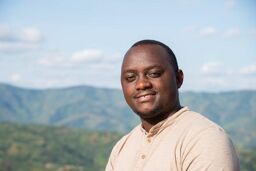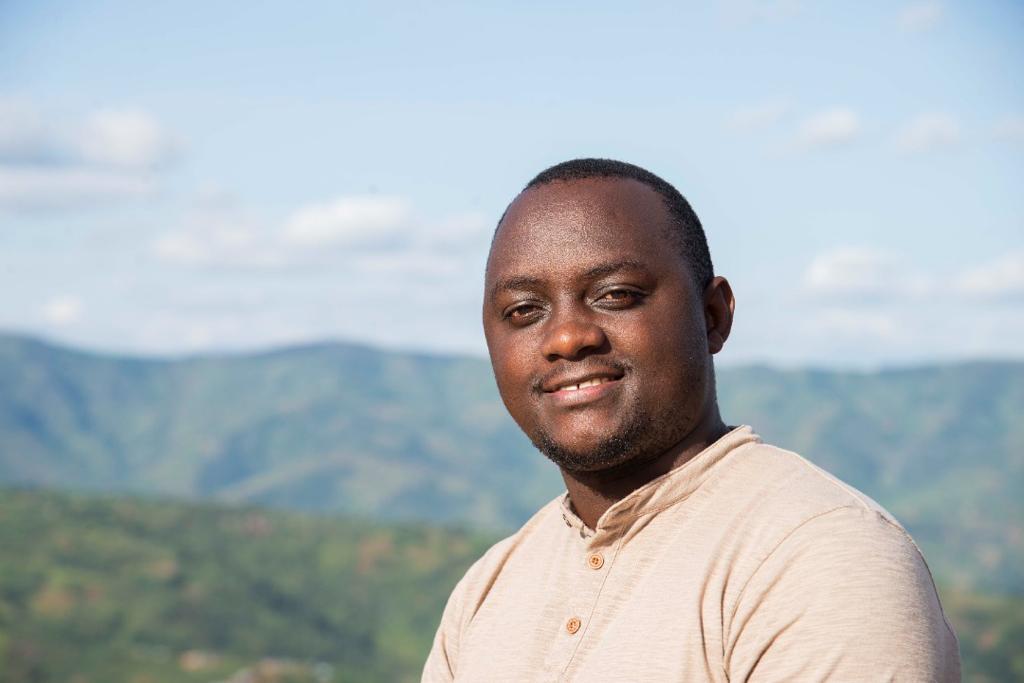This red Bourbon is produced by the Dukunde Kawa cooperative in the hills of north-west Rwanda. Mbilima is one of the cooperative's four washing stations, where this honey process is produced.
To carry out this process, the cherries are pulped, then dried with the mucilage, at the peak of the harvest. Only the ripest, densest cherries are picked by hand.
The pulp is then mechanically removed without the use of water. The wet parchment is then laid on a raised bed, no more than 3 cm high, for 3 days, without being touched, to ferment.
After 2 days, the coffee can be turned over to avoid any uncontrolled fermentation. The coffee is turned over as many times as possible during the first week and any defective beans are removed until the drying process is even. The drying process takes around 25 to 30 days, depending on the weather conditions.


